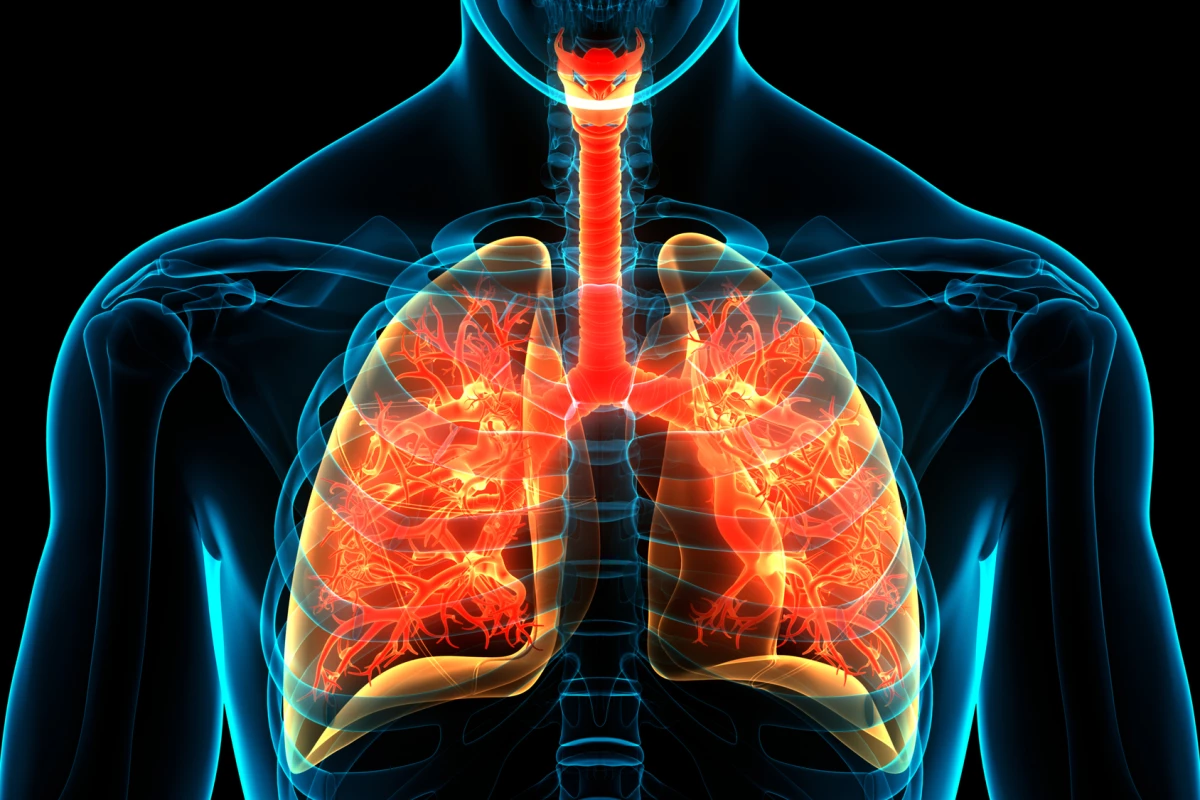Researchers have discovered that lung-based immune cells can be "trained" to remember a previously encountered pathogen, making them more efficient at clearing out the cellular debris that accumulates during infection and reducing inflammation.
Alveolar macrophages, a type of immune cell resident in the lungs, are scavengers, first-line defenders against pathogens and inhaled environmental particles responsible for clearing out debris. Orchestrating the lung’s immune response, these cells regulate inflammation.
Recent studies suggest that macrophages can retain a memory of repeated exposure to pathogens, something that’s been referred to as “trained immunity.” Researchers from the University of Illinois Chicago investigated the ability of alveolar macrophages to be "trained" to respond to infection.
To test the trained immunity of alveolar macrophages, the researchers infected mice with an inhaled bacterial toxin, lipopolysaccharide (LPS), to induce inflammatory lung injury, followed by a further dose of the toxin seven days and one month later.
They found that after initial exposure to LPS, alveolar macrophages helped reduce the severity of inflammation brought on by the second exposure a week later. At 72 hours after the second dose, the researchers noted that the trained alveolar macrophages produced significantly higher levels of the anti-inflammatory cytokine interleukin-10 (IL-10) without any increase in the proinflammatory cytokine, tumor necrosis factor-alpha (TNF-alpha).
The cells’ memory of the toxin persisted and was present even when the second exposure occurred a month after the first. And the researchers found that the trained alveolar macrophages became very efficient at removing the proinflammatory cellular debris that had accumulated post-infection.
“Clearing out this debris is important because its persistence can trigger the immune system to continue to react, thus increasing inflammation,” said Jalees Rehman, corresponding author of the study.
The researchers next infected mice with Pseudomonas aeruginosa, a bacteria that can cause pneumonia in humans. The mice were given a sublethal dose of the bacteria intranasally. Corresponding to the results seen in the LPS experiment, the P. aeruginosa-trained mice had significantly higher levels of alveolar macrophages and fewer neutrophils, the first immune cells recruited to inflammation sites, suggesting that the trained cells dampened the extent of inflammatory injury.
Alveolar macrophages are unique in several ways. They are present in our lungs from childhood into adulthood. While they can die fighting infections, they can regenerate from surviving cells. And they pass on epigenetic information to those offspring. This, say the researchers, means new macrophages could retain a memory of previous infections.
Because the cellular debris that collects in the lungs isn’t specific to one type of infection, trained alveolar macrophages may reduce the risk of acute lung injury caused by different diseases, the researchers say. In addition to treating lung diseases, these cells have the potential to be an important addition to cell therapies that limit inflammatory injury in autoimmune diseases like type 1 diabetes or in organ transplantation.
As other organs have macrophages, future studies could explore whether those cells could also be trained by an initial infection.
The study was published in the Journal of Experimental Medicine.
Source: University of Illinois Chicago





